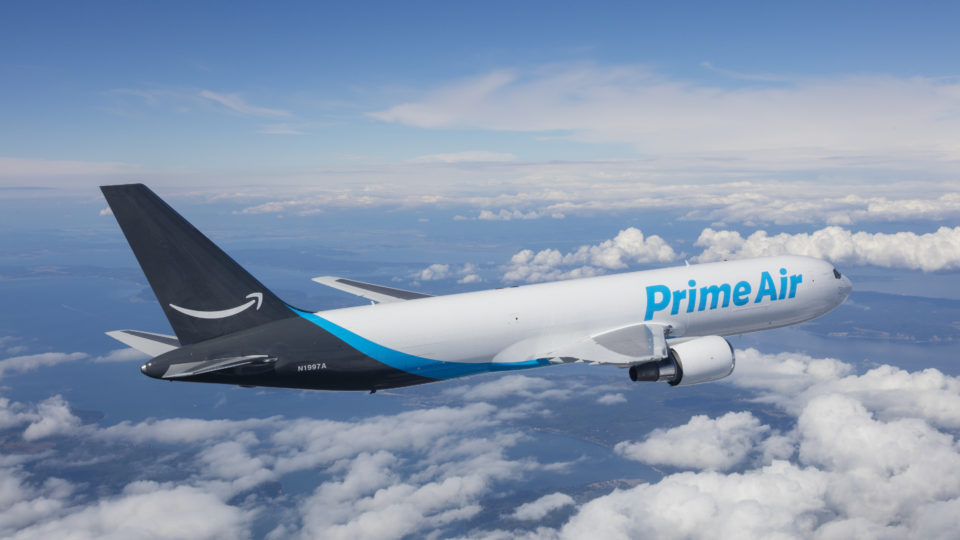The Amazon rainforest is the biggest rainforest in the world, larger than the next two biggest combined. It covers more than three million square miles, roughly the size of the lower 48 states. The Amazon functions as a critical sink for carbon in the atmosphere.
However, human activity has removed more than 10% of the vegetation from the Amazon rainforest since the 1960s. Cattle ranching accounts for roughly 70% of Amazon deforestation – much of which is illegal.
According to a study recently published in the journal Global Environmental Change, companies’ ‘zero-deforestation’ commitments could reduce cattle-driven deforestation in the Brazilian Amazon by 50%. Better adoption and implementation of company supply chain policies for Brazilian beef and leather could significantly reduce carbon emissions.
Between 2010 and 2018, some of the world’s largest slaughterhouses reduced cattle-driven deforestation by 15% through their commitment to zero-deforestation policies. If these policies were fully implemented and adopted across all cattle companies operating in the Amazon, more than 9,200 square miles of forest could have been spared over the same time period, effectively halving the cattle-driven deforestation in Brazil.
Zero-deforestation commitments currently cover 82% of beef exported from the Brazilian Amazon for trade internationally. However, a large amount of beef production destined for Brazil’s domestic markets is not covered.
The researchers say a mix of interventions by both the private and public sector is needed to improve cattle-rearing practices and help reduce deforestation in countries like Brazil.
**********
Web Links
Photo, posted January 17, 2011, courtesy of Kelly Sato via Flickr.
Earth Wise is a production of WAMC Northeast Public Radio






